
Catfish
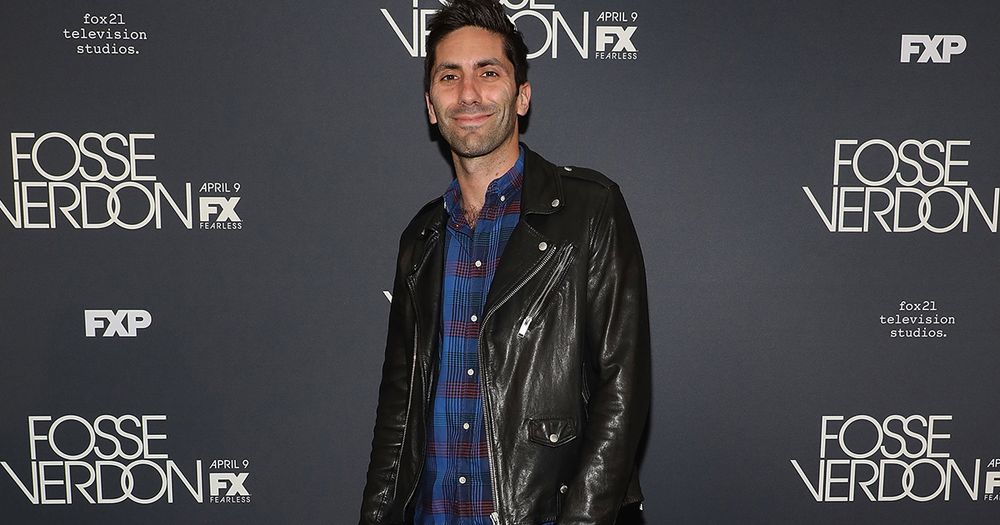
On Catchfish, they say victims contact producers fearing catfishing, but it’s actually catfishers who apply. The show investigates them, and they agree to be edited for the story. So, surprised catfishers are just acting, skilled at deception.
American Pickers
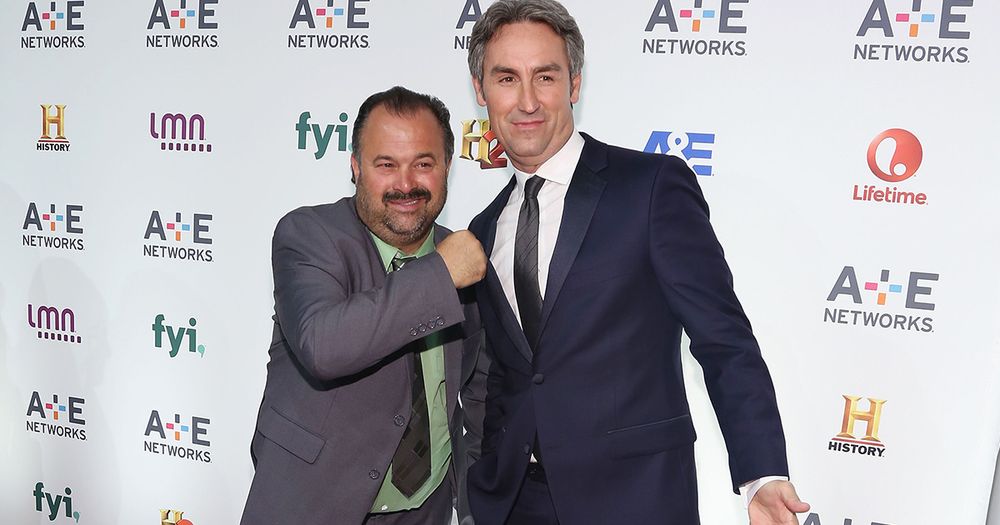
American Pickers involves haggling for items, but prices are set beforehand, say guests. Producers, not pickers, find locations, sending reps a month before filming. ‘Hobo Jack’ is not a hobo but a collector who didn’t use that name before the show.
Cake Boss
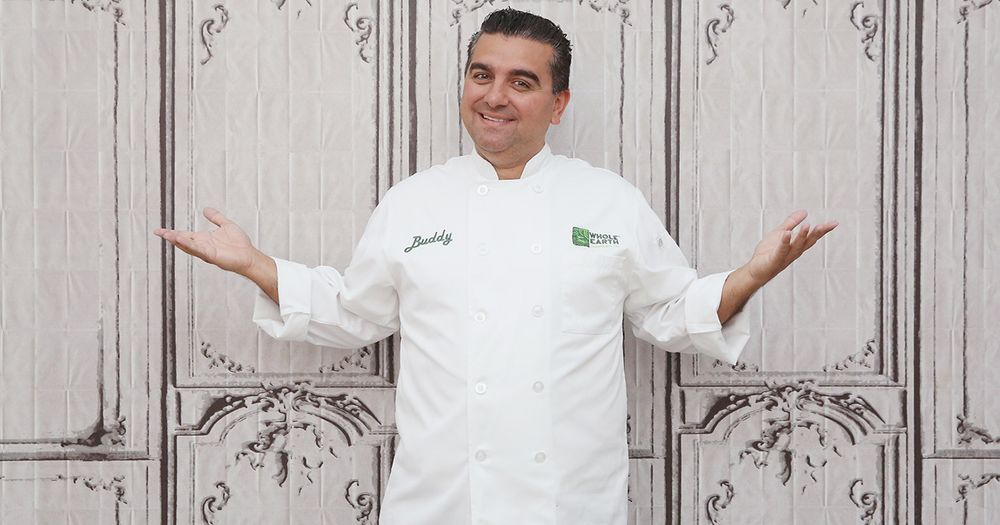
A show about cakes, like Cake Boss, might sound funny, but many people enjoy it. The surprise moments on the show are planned, not real. Customers actually talk about their cake designs before the show. It makes sense, right? People want to know what their expensive cake will look like!
The Biggest Loser
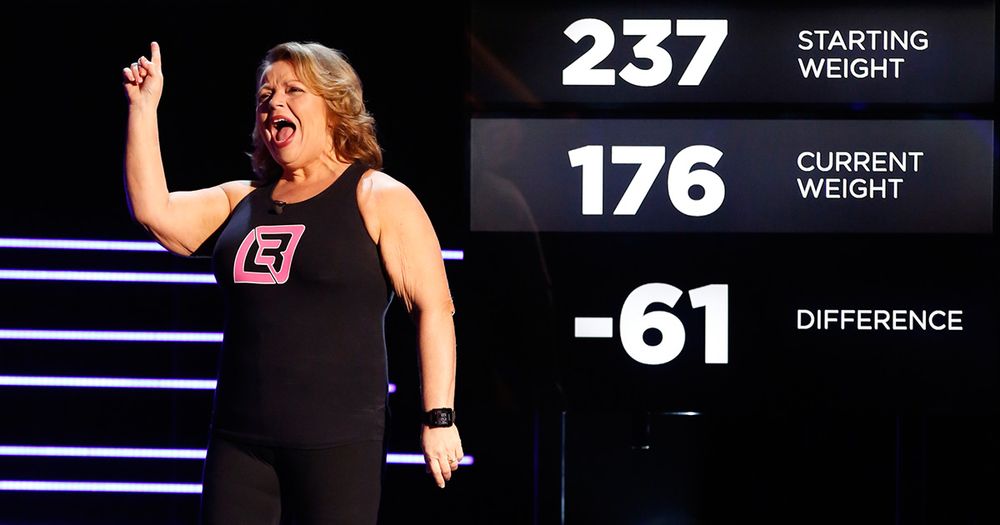
Doubts surround The Biggest Loser’s staff training, leading to rumors of drug use among contestants. The scale on the show is a prop; real weigh-ins occur days earlier. Editing makes contestants seem lazier, raising authenticity concerns. The show’s credibility is questioned.
The HGTV Dream Home Giveaway

HGTV does give away a fancy home every year, but there’s a catch. The winners have to pay 40% of the home’s value in taxes to the IRS. This huge tax bill often makes it impossible for them to keep their dream homes, turning their excitement into stress. So, winning isn’t always what it seems on TV.
Deadliest Catch
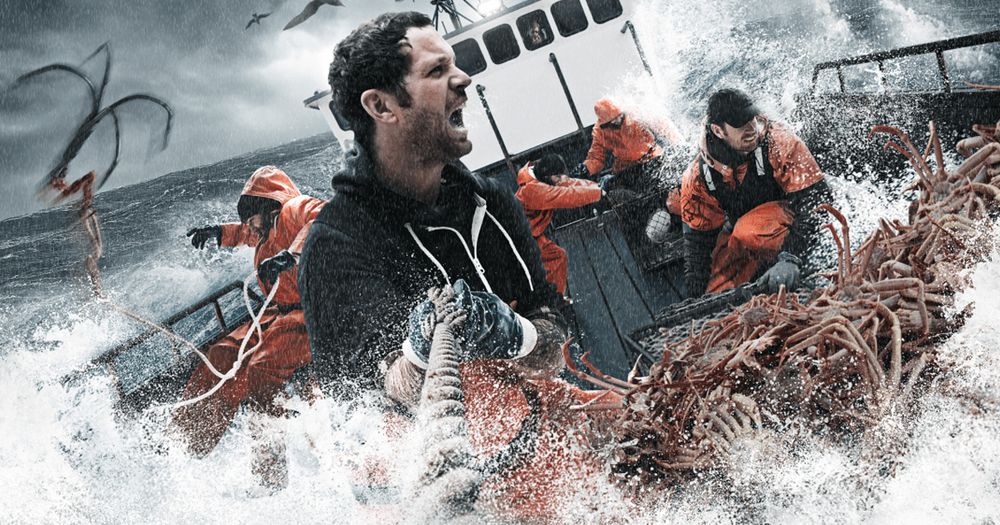
Deadliest Catch uses fake elements and editing tricks for dramatic TV, harming the fishing industry. TV crews, paid by producers, ignore fishing quotas, driving up costs for regular fishermen. The show’s edited storylines mislead, like splicing separate storms to seem bigger, causing real industry problems.
